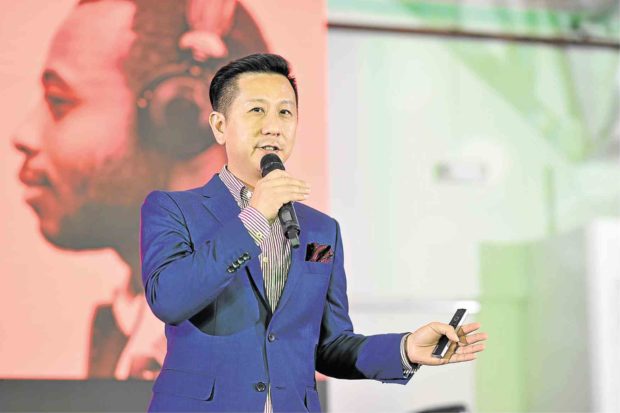An “audio renaissance” is upon us—and it’s changing the way brands are reaching out to consumers, says music streaming subscription service company Spotify, which recently held its first local Digital Day, an event designed to educate marketers and advertisers about the platform’s streaming intelligence.
“Audio streaming has dramatically changed how and where we listen,” says Sea Yen, Ong, regional vice president of sales for Southeast Asia. “Spotify and other streaming services are being driven by digital audio devices such as smartphones, connected cars and smart TVs, allowing users to soundtrack their lives wherever they are, whatever they are doing.”
The audio renaissance, explains Ong further, refers to new listening habits and trends formed thanks to services such as Spotify’s.
“Think of moments where you are constantly listening to audio content—running on a treadmill, cooking dinner or trying to get motivated for work—we are constantly streaming and engaging with these content all throughout our day,” he says.
And it’s an industry that’s responsible for almost 60 percent of music revenue in Asia, according to data from global management consulting firm McKinsey & Company.
The Philippines, specifically, is one of the region’s “most engaged” markets, with over 118 billion songs streamed every week, at an average length of two hours a day.
Citing a study by international information and measurement company Nielsen, Ong says 79 percent of audio is consumed while people are engaged in activities where visual media can’t reach them.
“Eartime is limitless,” he adds.
Those hours of streaming equate to consumer data, which are made up of what Ong calls “micromoments” that allow brands a glimpse into how people are thinking or feeling when listening to particular songs or playlists—how they are “soundtracking” their lives.
He makes an example of the #WalangPasok playlist: a day before Labor Day.
Streams for this set increased by 360 percent, and by May 1 itself rose again by 156 percent.
“With Spotify, marketers aren’t just connecting with their target audience. They are really able to understand their audience. This then allows them to create effective marketing strategies that reaches their target audience, in the right context and with the most personalized and relevant message,” Ong says.
It’s not only the choice of songs or playlists which gives Spotify its data.
Skipping a song, turning up the volume, or even playing a song again and again are all indicative of a consumer’s state of mind, Ong says.
Moreover, data uncovered through Spotify could lead to more consumer insights into other related content, such as movies and TV shows.
“By reaching audiences during moments that matter to them, brands can now leverage their content with personalized messages to their user, based on the user’s state of mind. Unlike demographics or device IDs which are often used to approximate a target audience, moments reveal profound insights about consumers, giving brands the possibility to truly achieve perceptive advertising,” Ong says.
